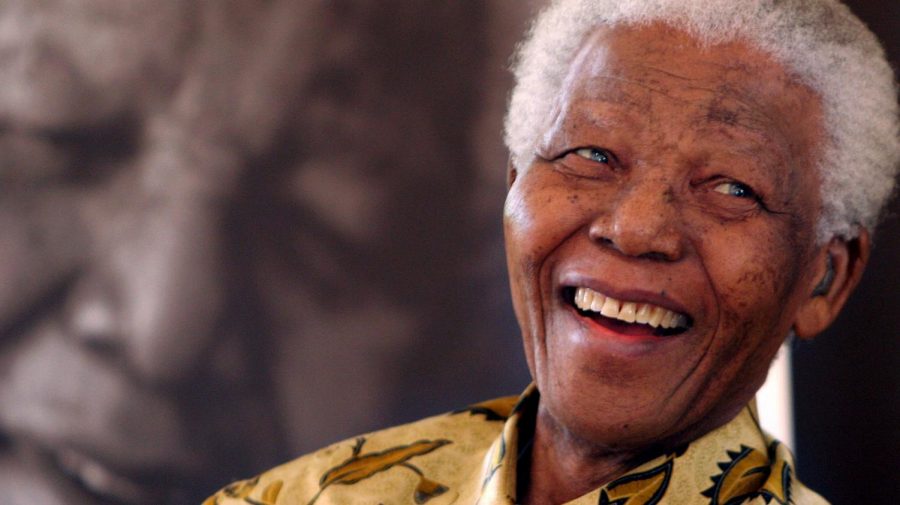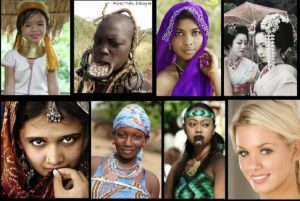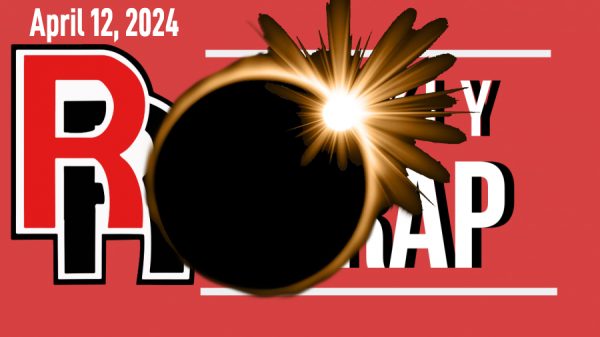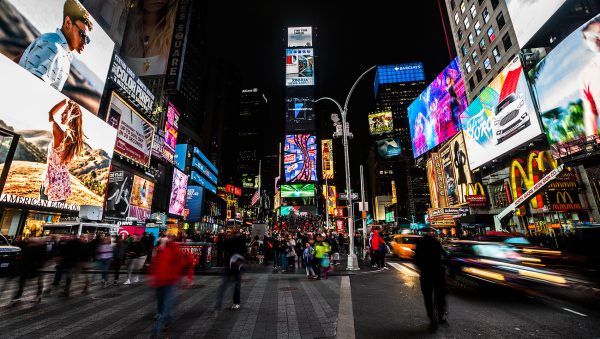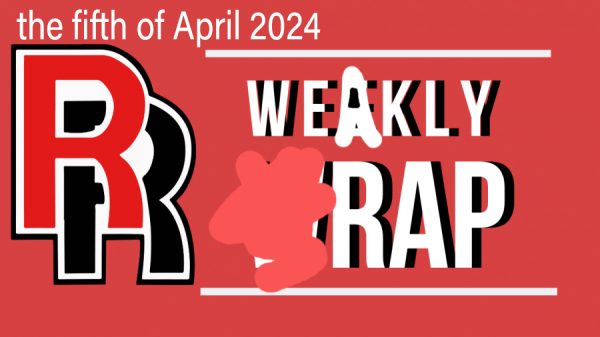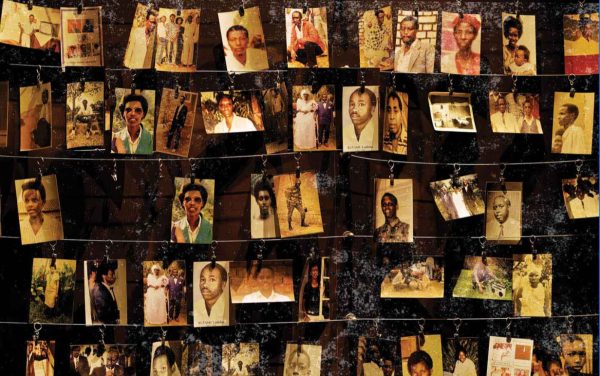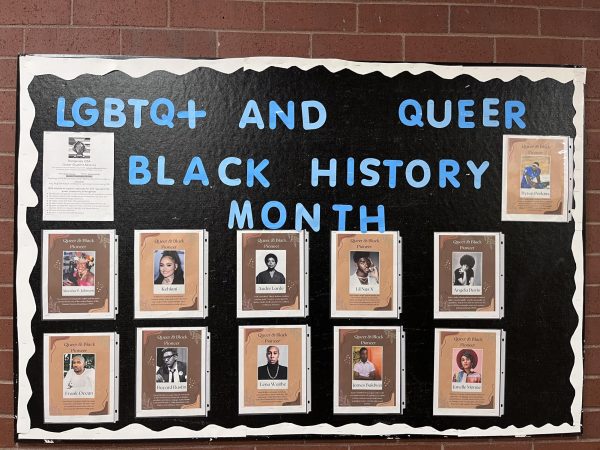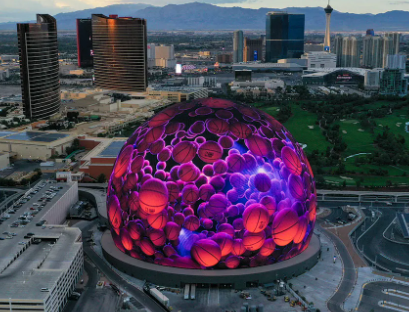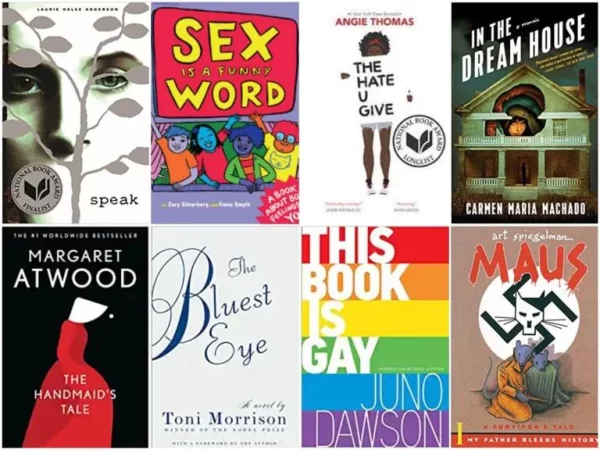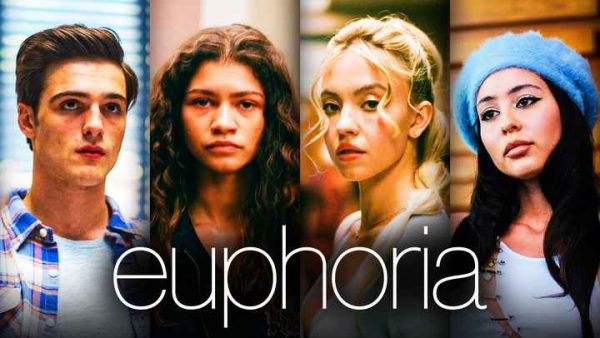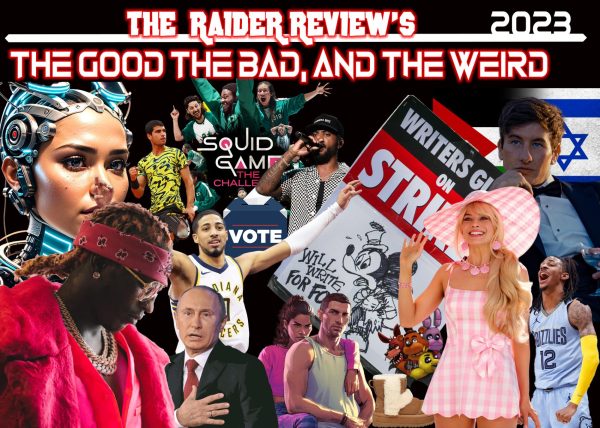Black History Month: The Mandela Effect
Feature Photo by the New York Times – Nelson Mandela died at the age of 95, but the effect of his actions and accomplishments live on.
February 27, 2020
As Black History Month is coming to an end, a person worth noting is Nelson Mandela. Not only was he South Africa’s first democratically elected president, but he was also a political leader, fighting for freedom and peace. In 1961, Mandela’s acts led to his accusation of treason while attending a raid along with other men and women of color. A year later, he escaped South Africa with a different name to gain support for the armed struggle in other parts of Africa and England. In 1964, he was transferred to a prison Robben Island for the second time and was imprisoned until 1982. It was during his imprisonment that people thought he had died behind bars. Among those people, was Fiona Broome who coined the term “Mandela Effect”, which “refers to apparently real memories that don’t match the documented history in this reality.”
The Mandela Effect is seen in today’s pop culture through a variety of movies, games, and food. A common example is the spelling for the children’s show, The Berenstain Bears.People questioned whether it was spelled, Berenstein Bears or Berenstain Bears. While some remember the show written as Berenstein, the correct spelling has an “a” in the last syllable. These differences in memory have made people like Broome, question whether there is an alternate reality where memories clash.
When asked if she thought the Mandela effect was true, Junior, Samantha Fuentes stated, “I do think it’s true because groups of people remember [events or people] a certain way. I also think the media influences [those memories] to an extent.”
Some students, on the other hand, aren’t as convinced. “I didn’t know what it was at first but now that I do, I don’t believe it, it seems too surreal to me that there are alternate realities. We just all have shared memories. ” said Junior Berenice Leal. The concept of having two realities seems impossible to some students like Leal, since they can’t grasp the concept of the Mandela effect.
Most students know about this phenomenon through the media; people recall memory and if there is controversy over that memory it’s shared and spread around as the Mandela effect.
The Monopoly man and his monocle
The family board game Monopoly features the monopoly man in its logo. Contrary to popular belief he never had a monocle on his left eye.
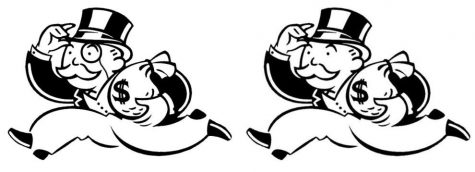
The Evil Queen and her mirror
In Snow White and the Seven Dwarfs movie, many can remember the Evil Queen saying “Mirror, Mirror on the wall, who’s the fairest of them all?” However, if you watch the scene again, she says, “Magic, Mirror on the wall…”.
Double Stuf Oreo or Double Stuff Oreo?
The packaging purposely removes one “f” from the word “Stuff” to make the package for the extra creamy cookie unique.

We are the Champions Ending
In the famous “We Are the Champions” tune from Queen, listeners can recall Freddie Mercury singing out, “of the world!” at the end of the song. Surprisingly he never sang this part and it was made up in listeners’ heads.
Whether you believe this theory or not, there’s no denying that our differences in memories can affect the future. Many people were convinced that Mandela died in prison and some probably still do. If our memories continue to differ from each other, we can create confusion and controversy over events that did or did not happen. In the meantime, we can continue to find examples of the Mandela effect throughout our everyday lives.
